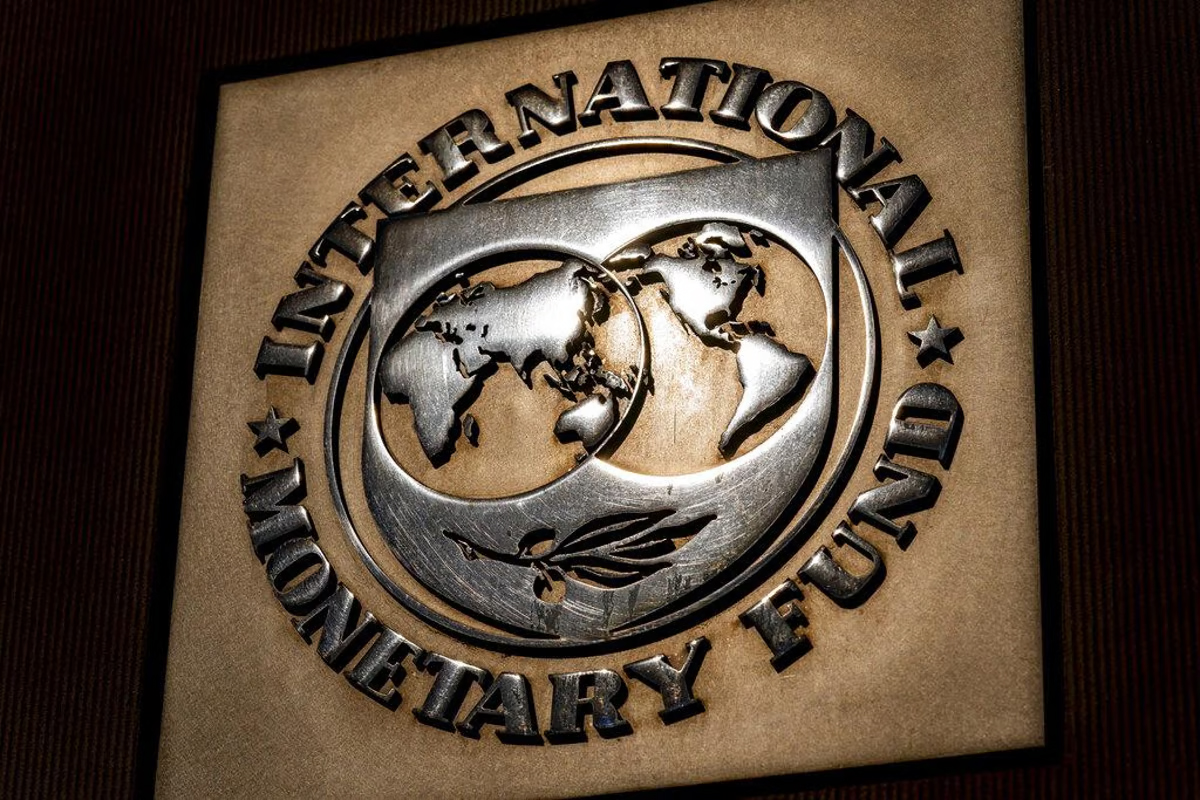The Integrated Battle Group (IBG) is a brand new war fighting concept that includes cross-border strike capability mooted by the Indian Army Chief General Bipin Rawat last December.

The Indian Army has decided to deploy a newly restructured army battalion specialising in conducting cross border strikes near the Pakistan border in next few months, Indian Army Chief General Bipin Rawat said.

“The international border portion of Jammu and Kashmir will see reorganisation first followed by others, making the Indian Army a leaner and meaner fighting unit”, General Rawat said while adding that the restructuring of the Indian Army’s combat potential will happen “selectively from sector to sector”.
The Integrated Battle Group (IBG) is a brand new war fighting concept that includes cross-border strike capability mooted by the Indian Army Chief General Bipin Rawat last December.
The decision to deploy the elite group comes against the backdrop of worsening relations between the two nuclear-armed countries.
The Indian Army’s “Land Warfare Doctrine 2018” promulgates capability enhancement and mentioned the creation of 10-12 integrated battle groups to enable deterrence along its western borders.
“All forces shall be applied as Integrated Battle Groups, with equipment profile matched with envisaged role and exploitation potential, to provide greater flexibility in force application”, the document reads.
Each IBG would be larger than the existing 3,000 personnel-strong brigades, but smaller than a 10,000-strong division. It would be headed by a two-star officer.
“Our response along the Western Front will be sharp and swift with the aim of destroying the centre of gravity of the adversary and securing spatial gains”, the document reads.
As per the plan, Indian Army will employ “composite” IBGs comprising a mix of five to six battalions to execute conventional combat operations for “greater flexibility in force application”.

The 1.3 million-strong Indian Army has deployed most of its strength and capabilities along the western border and the deployment has been increased since the February dogfight when the air forces of the two nuclear-armed nations were involved in a fight after the Indian Air Force carried out a non-military aerial strike and allegedly destroyed terror infrastructure in Balakot inside Pakistan.
Relations between the two countries have further deteriorated since the Indian government abrogated Article 370 of the Indian Constitution and revoked the special status of the disputed Kashmir region.
Pakistan claimed that the decision is in direct violation of the Simla Agreement 1972, while India said that the decision to revoke the region’s special status is an internal matter. Pakistan’s Prime Minister Imran Khan said that Islamabad will teach a “lesson” to New Delhi on this decision.
Courtesy: Sputnik News





